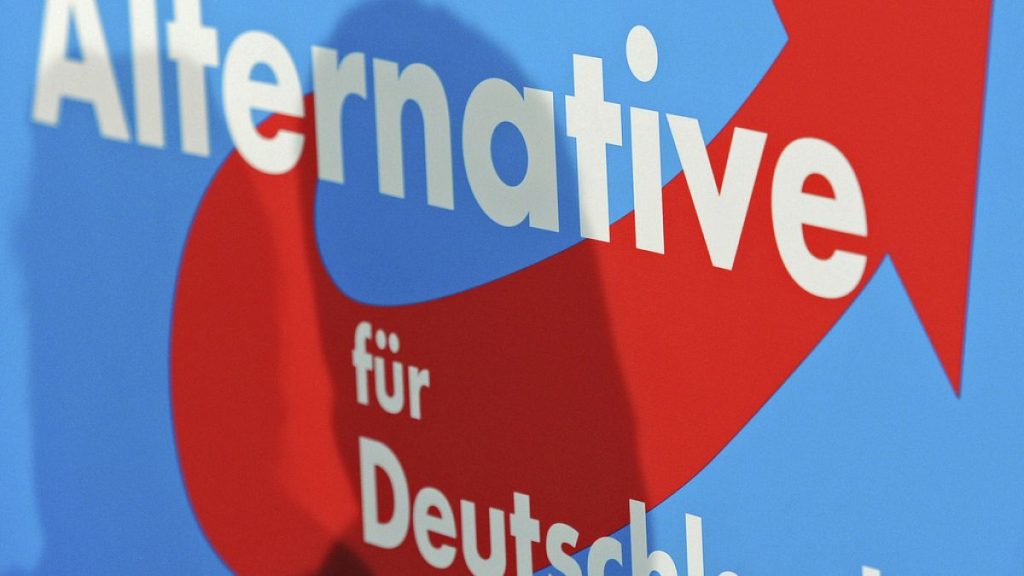The Munich public prosecutor’s office is currently investigating Petr Bystron, a prominent figure in the German far-right party, the AfD, for alleged money-laundering activities. Bystron is said to have received up to €20,000 from individuals with ties to Russian President Vladimir Putin in order to spread Kremlin propaganda. Searches are being conducted in Berlin, Bavaria, and Mallorca to gather evidence. Bystron, who is the second candidate on the AfD’s election list for the European elections, had his parliamentary immunity lifted by the German parliament, allowing the police to carry out their investigations. The AfD’s parliamentary group leaders have expressed their hope that the investigation will be completed quickly to avoid any suspicion of political influence on the upcoming European election campaign.
The allegations against Bystron come at a challenging time for the AfD party, which is already facing scrutiny over its connections to China and Russia. Another AfD member, Maximilian Krah, is also under investigation for accepting payments from Russia and China. Additionally, Krah’s assistant is being investigated for allegedly spying for China. This latest incident marks a fresh blow to the AfD’s reputation and raises further questions about the party’s relationships with foreign powers. The AfD has been under increased scrutiny in recent years for its far-right ideology and controversial statements, and these latest accusations only add to the party’s troubles.
The Munich public prosecutor’s office has mobilized 11 public prosecutors and nearly 60 Bavarian police officers to carry out the investigation into Bystron. The searches for evidence are taking place in multiple locations, including Berlin, Bavaria, and Mallorca. The prosecutor’s office is determined to gather all the necessary evidence to support the allegations against Bystron and ensure a thorough investigation. The scale of the operation reflects the seriousness of the accusations and the importance of uncovering any potential criminal activity involving high-ranking political figures.
The accusations against Bystron and other AfD members highlight the ongoing concerns about foreign influence in German politics. With allegations of ties to Russia and China, the AfD is facing increased scrutiny from both the public and authorities. The investigation into Bystron’s alleged money-laundering activities and ties to Russian propaganda raises questions about the party’s connections and motivations. The AfD’s leadership will need to address these concerns and work to restore public trust in the party, as well as ensure transparency and accountability in its dealings with foreign entities.
The lifting of Bystron’s parliamentary immunity and the subsequent investigation underscore the seriousness of the allegations against him. The prosecutor’s office is working diligently to gather evidence and build a strong case against Bystron for his alleged involvement in money-laundering activities. The AfD’s response to the investigation will be crucial in determining the party’s future and its ability to maintain public support. With the European elections approaching, the outcome of the investigation could have significant implications for the AfD’s standing in German politics and its credibility as a political party.
Overall, the investigation into Petr Bystron and other AfD members for alleged ties to foreign powers highlights the challenges facing the party and the ongoing concerns about foreign influence in German politics. The allegations of money-laundering and propaganda-spreading raise questions about the party’s motivations and connections. The AfD’s leadership will need to address these concerns and ensure transparency and accountability in its dealings with foreign entities. The outcome of the investigation could have significant implications for the party’s future and its credibility as a political force in Germany.


